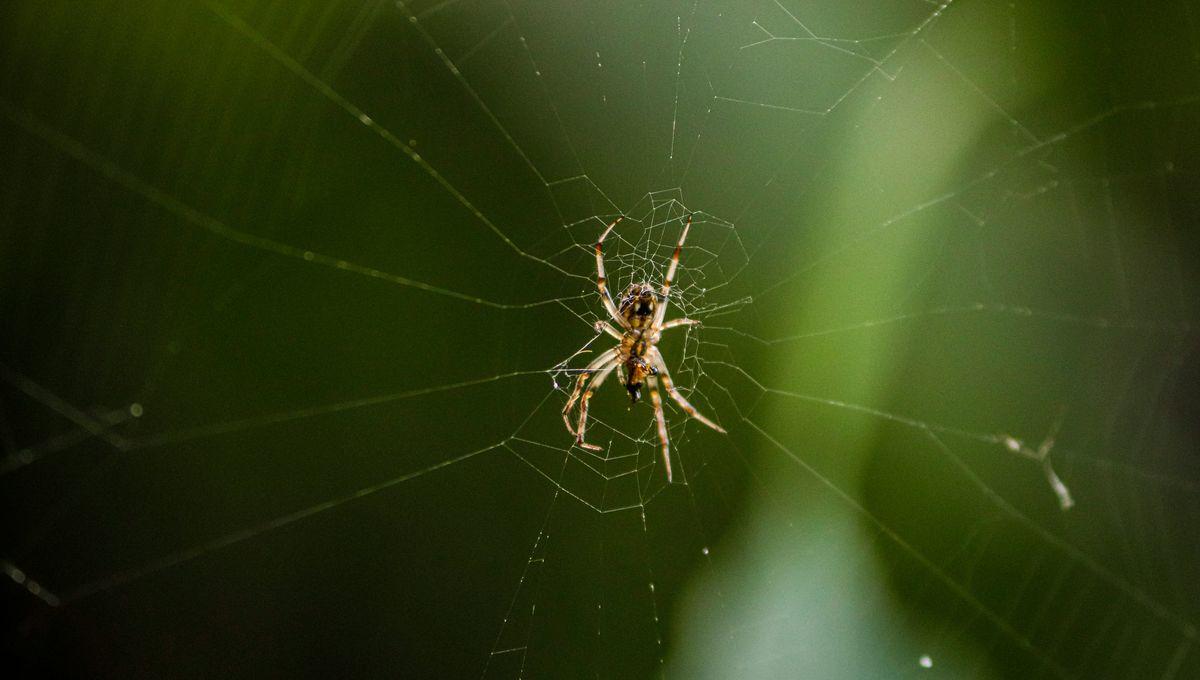A Busy Spider Season Is Brewing: Why This Fall Could See A Boom Of Arachnid Activity

A Busy Spider Season Is Brewing: Why This Fall Could See A Boom Of Arachnid Activity
For many, early autumn might mean cozy blankets, pumpkin spice lattes, and pulling your favorite jumper out after a long hiatus – but not for arachnophobes.
The rest of this article is behind a paywall. Please sign in or subscribe to access the full content. In Europe and North America, late August through mid-October often brings a noticeable uptick in house spider sightings. At the end of a long, hot summer, males of many spider species finally reach adulthood and are on the prowl for mates. The population of "house spiders" doesn’t actually increase around this time of year, but those horny arachnids are especially active, leading to more observations. Plus, it’s perhaps still not cold enough to shut your windows and doors, so eight-legged infiltrators can easily find a way into your property. House spider is only a casual term, but it generally describes species in groups like Tegenaria and Eratigena that have become adapted for indoor conditions, with a constant climate, limited food, and scarce water supply. 2025 is set to be an especially busy spider season for some parts of the world, according to some experts. In the UK, this year saw an extremely hot summer that has led to a small boom in insect populations. This, in turn, has provided spiders with more food and better conditions to survive and thrive. "They matured a little earlier this year," Dr David Gee, a zoology lecturer at the University of Derby in the UK who specializes in invertebrate biology, told BBC News this week. "We're really seeing increased spider behaviour as a function of the success they encountered early on in the growing season," he added. "As males are all searching, they will occasionally run into each other and sometimes force each other out of an area. This increased competition just leads to more and more spiders having this roaming mode of life and there's a bit of a turf war going on in our homes," Dr Gee explained. Across the Atlantic, it’s been a hot and humid summer in parts of the US too, so conditions have also been favorable for active arachnids. If you want to keep your humble abode free of house spiders, there’s not much you can do, unfortunately. Studies show that commonly recommended natural repellents – such as lemon oil, peppermint oil, or horse chestnuts (aka conkers) – have weak or inconsistent evidence behind them. Ask an arachnologist, and they’ll likely tell you that, in practice, au naturel deterrents simply don’t work. Although this won’t be much help to genuine arachnophobes, it’s worth remembering that approximately 25 out of 50,000 known spider species have venom capable of causing illness in humans. Most are harmless and highly unlikely to bother you (they're probably more terrified of you, a screaming great ape, than you are of them). Besides all else, they can play an important role in controlling a whole host of genuine pests like flies and mosquitoes.What Is Spider Season? Is It A Real Thing?
Why Warm Summers Can Favor Some Spiders
Don't Kill Spiders In Your House


